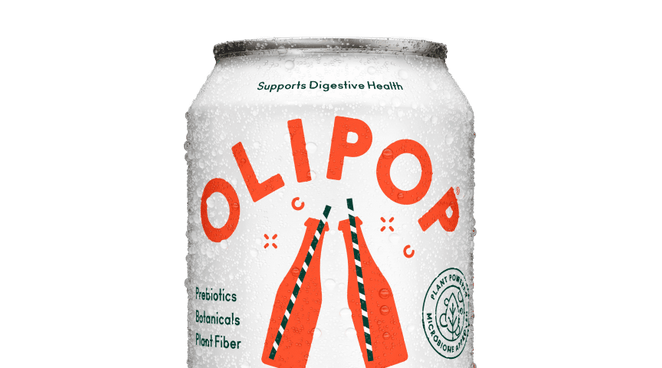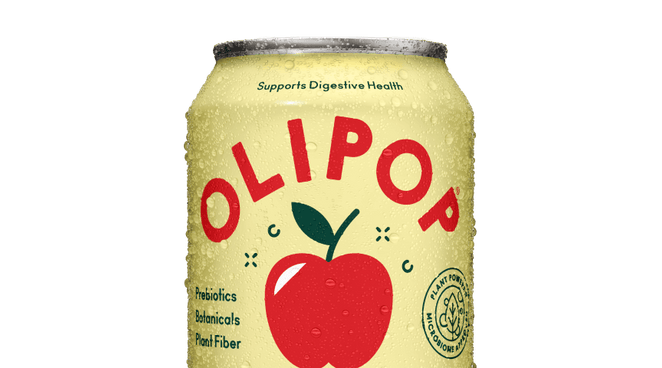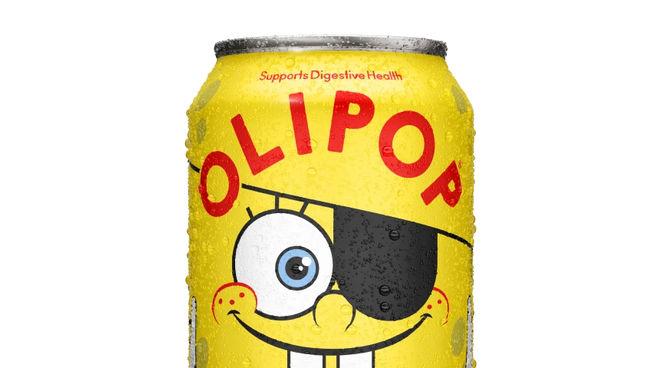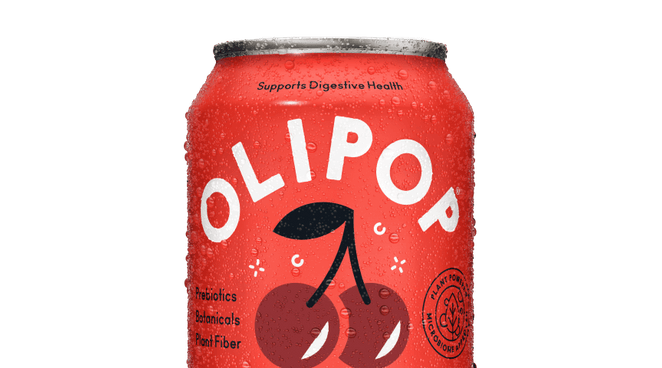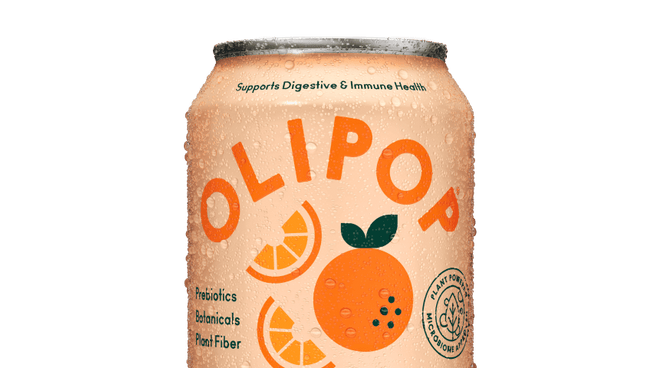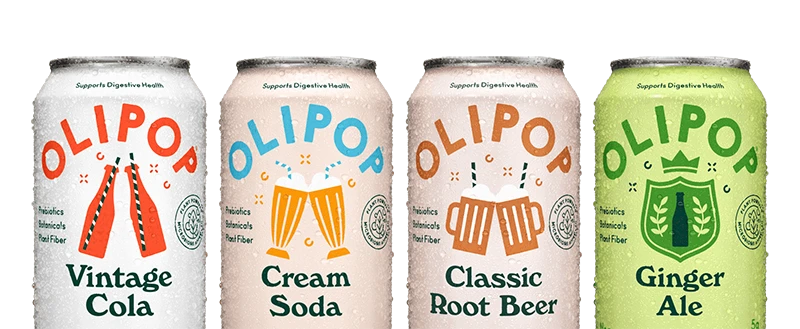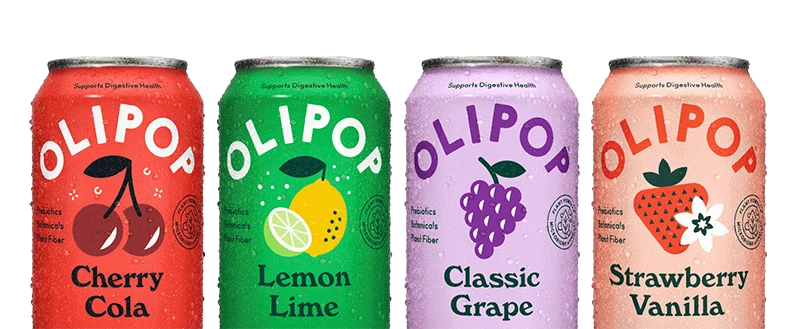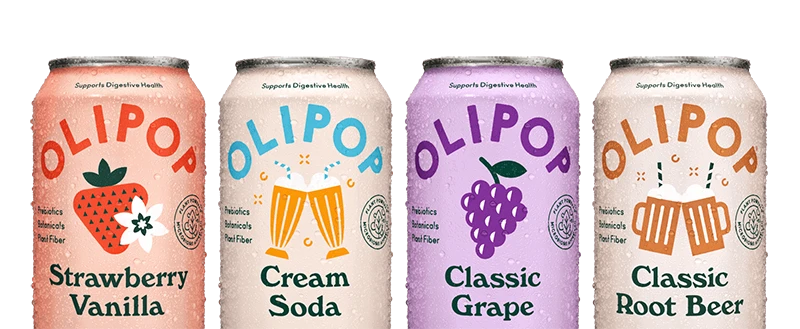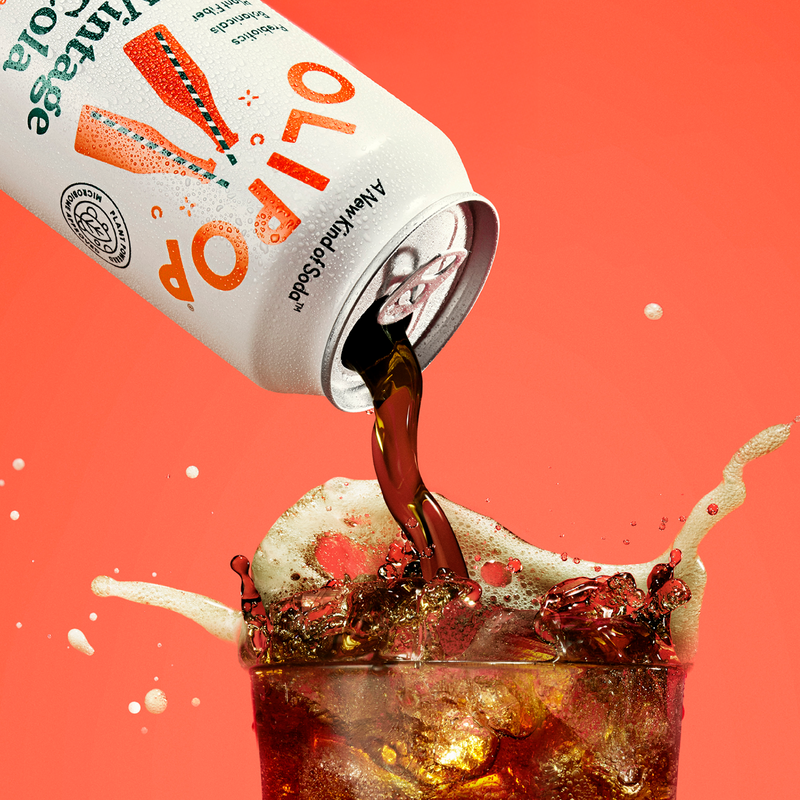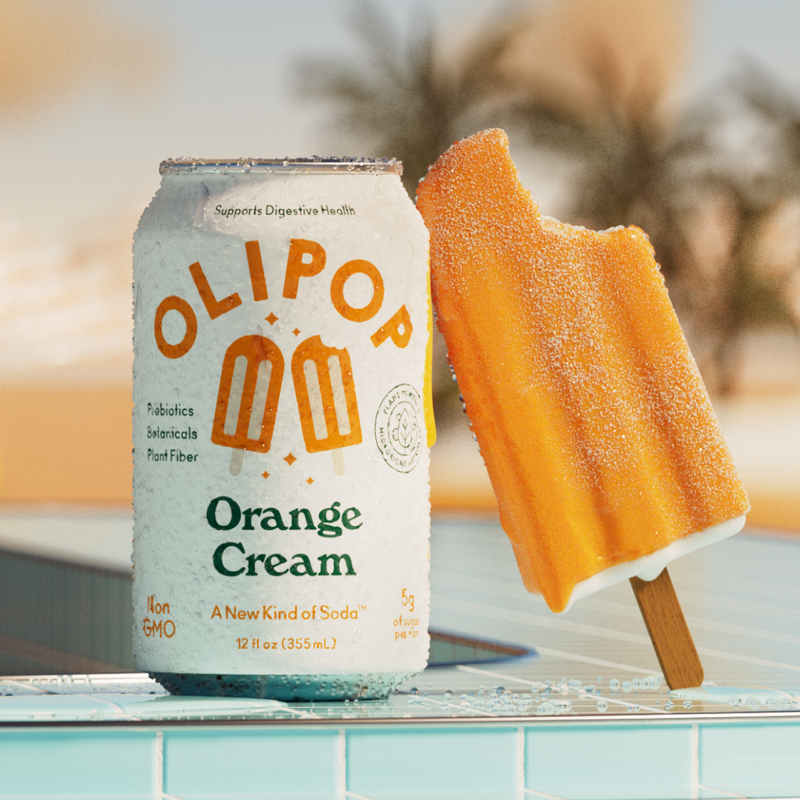Editor's Note: This article is reviewed by Lauren Manaker MS, RDN, LD, a registered dietitian and a paid contributor to OLIPOP. She specializes in digestive health and reviews OLIPOP content for scientific accuracy.
Over the years, few artificial ingredients have stirred debate over their potential usefulness and possible side effects quite like aspartame. For decades, this zero-calorie sugar substitute has been a hot-button topic in the world of health, nutrition, and even conspiracy theories.
Aspartame has long been the darling of those looking to curb sugar intake while still satisfying their sweet cravings. But as our awareness of the foods we consume deepens and the medical community continues to probe the potential repercussions of artificial additives, it's high time we answer the pertinent question: Is aspartame bad for you?
What Is Aspartame?
Aspartame was first discovered in 1965 by James Schlatter, a chemist working for the pharmaceutical company G.D. Searle & Company. While researching anti-ulcer medications, Schlatter inadvertently tasted a chemical compound he had synthesized, which turned out to be remarkably sweet. This serendipitous moment led to the development of aspartame as a sugar substitute.
The synthesis of aspartame involves the combination of two amino acids: aspartic acid and phenylalanine. These amino acids are chemically bonded to a methyl group, creating the characteristic sweetness of aspartame, which is over 200 times sweeter than normal sugar.
Aspartame vs Sucralose
Aspartame is sensitive to heat and breaks down when exposed to high temperatures, making it less suitable for cooking and baking. Sucralose, on the other hand, comes from sucrose (table sugar) through a chemical process that substitutes chlorine atoms for some of the hydroxyl groups. This process makes sucralose approximately 600 times sweeter than sugar (and 3 times sweeter than aspartame!) and allows it to maintain its sweetness even under high temperatures. This makes it a preferred choice for cooking and food processing. While both sweeteners have been extensively studied and deemed safe by regulatory authorities, some individuals may have taste preferences or tolerance differences, leading them to choose one over the other.
Aspartame vs Sugar
Sugar, typically in the form of sucrose, is a natural carbohydrate derived from plants like sugarcane and sugar beets. It provides calories, has a familiar taste, and is used in a wide range of culinary applications. Aspartame, by contrast, is an artificial sweetener with virtually no calories. While sugar offers a familiar taste and texture, it contributes to caloric intake and can affect blood sugar levels. Aspartame provides sweetness without the caloric load. However, it may not replicate the exact taste and mouthfeel of sugar for some individuals.
Aspartame vs Stevia
Stevia is another popular sugar substitute and one of the essential ingredients in OLIPOP. But unlike the artificially synthesized sweetener aspartame, Stevia is a naturally occurring sweetener derived from the leaves of the Stevia rebaudiana plant. Both sweeteners are popular for their intense sweetness and zero-calorie content. While both are safe according to regulatory authorities, aspartame tends to replicate the taste of sugar more closely, although some individuals may detect a subtle aftertaste. Stevia has a distinct herbal sweetness, which can vary depending on the specific product or extraction process.
Is Aspartame Safe?
The answer, according to extensive scientific research and regulatory bodies like the U.S. Food and Drug Administration (FDA) and the European Food Safety Authority (EFSA), is a resounding yes. Aspartame has undergone rigorous testing for decades, with a significant body of evidence attesting to its safety.
Upon consumption, aspartame breaks down into two amino acids, aspartic acid and phenylalanine, as well as a methyl group, all of which are naturally present in many foods. The small amount of methanol produced as a byproduct is also present in fruits and vegetables. The levels of methanol from aspartame are minuscule and pose no risk.
Does Aspartame Cause Cancer?
In July 2023, the World Health Organization (WHO) released a report categorizing aspartame as “possibly carcinogenic to humans.” Conducted by the International Agency for Research on Cancer (IARC), this report caused controversy among food safety experts. The FDA released a statement that they disagreed with the WHO, saying, “The FDA disagrees with IARC’s conclusion that these studies support classifying aspartame as a possible carcinogen to humans. FDA scientists reviewed the scientific information included in IARC’s review in 2021 when it was first made available and identified significant shortcomings in the studies on which IARC relied.” The FDA went on to say that “FDA scientists do not have safety concerns when aspartame is used under the approved conditions.”
Given these conflicting views, it is clear that the scientific community remains divided on the question of whether or not aspartame causes cancer in humans. One thing that both the WHO and the FDA agreed on was that aspartame remains safe for consumption at the currently recommended Acceptable Daily Intake (ADI) levels. The WHO’s report indicated that aspartame only became “possibly carcinogenic” when consumed at a rate higher than 40 milligrams per kilogram of body weight per day. This means that a person weighing 150 pounds would have to consume between 9 and 14 cans of diet soda in a single day to exceed the recommended amount to open themselves up to the possibility of cancer.
Aspartame Side Effects
While aspartame's safety record remains robust, it is not entirely without its critics. Some individuals report experiencing adverse effects after consuming products containing aspartame, such as headaches, dizziness, and gastrointestinal discomfort. These complaints have given rise to the term "aspartame sensitivity" or "aspartame intolerance”.
Yet, it's essential to distinguish between anecdotal experiences and well-established scientific evidence. Rigorous studies have failed to consistently demonstrate a link between aspartame consumption and these purported side effects in the general population. For the vast majority of people, aspartame is well-tolerated.
Despite this fact, several studies have suggested that frequent aspartame consumption may also increase the risk of excessive weight gain, metabolic syndrome, type 2 diabetes, and cardiovascular disease. And potential links exist between artificial sweeteners and possible alteration of the gut microbiota, although we need more research to understand this connection. So it’s important to remember to consume all sugars and sugar substitutes in moderation.
Foods With Aspartame: Does Soda Have Aspartame?
Aspartame is prevalent in a wide array of low-calorie and sugar-free products, from sugarless gum to sugar-free Jell-O and syrups. Many diet sodas also contain aspartame as a sugar substitute. Brands like Diet Coke, Coke Zero, and Diet Pepsi have long been using aspartame as a sugar substitute. By replacing sugar with aspartame, these beverages can provide sweetness without the caloric load of traditional sodas. This has made them popular among those looking to cut down on sugar intake, manage weight, or regulate blood sugar levels.
However, it's important to note that the presence of aspartame in diet sodas does not automatically make them a healthier choice. These beverages often contain other artificial additives and lack the nutritional benefits of water or other healthier drink options like herbal tea plain seltzer, or OLIPOP.
So, Is Aspartame Bad For You? The Takeaway
As with any food or additive, individual tolerance may vary, and some people may experience side effects. However, the majority of scientific research, regulatory agencies, and health experts agree that moderate consumption of aspartame is not harmful. Despite this, and considering the recent revelations of the WHO, at OLIPOP we are committed to using better ingredients in our beverages. We believe that as scientific study continues and progresses, this commitment will prove to be a healthier choice for our consumers, and for the health of the world.
Sources
- Malkan, S. (2023, August 3). Aspartame is tied to weight gain, increased appetite and obesity. U.S. Right to Know. https://usrtk.org/sweeteners/aspartame-weight-gain/
- What is aspartame and what do the new WHO rulings mean? (2023). Reuters. https://www.reuters.com/business/healthcare-pharmaceuticals/what-is-aspartame-what-do-new-who-rulings-cancer-consumption-mean-2023-07-13/
- Nutrition, C. F. F. S. a. A. (2023, July 14). Aspartame and Other Sweeteners in Food. U.S. Food And Drug Administration. https://www.fda.gov/food/food-additives-petitions/aspartame-and-other-sweeteners-food
- Aspartame is an artificial sweetener used in many diet sodas that is 200 times sweeter than sugar.
- Recent research by the WHO suggests that aspartame might be “possibly carcinogenic” if consumed in large quantities.
- At OLIPOP, we are committed to using better-for-you ingredients in our products which we believe will be proven to be healthier options for our consumers.


